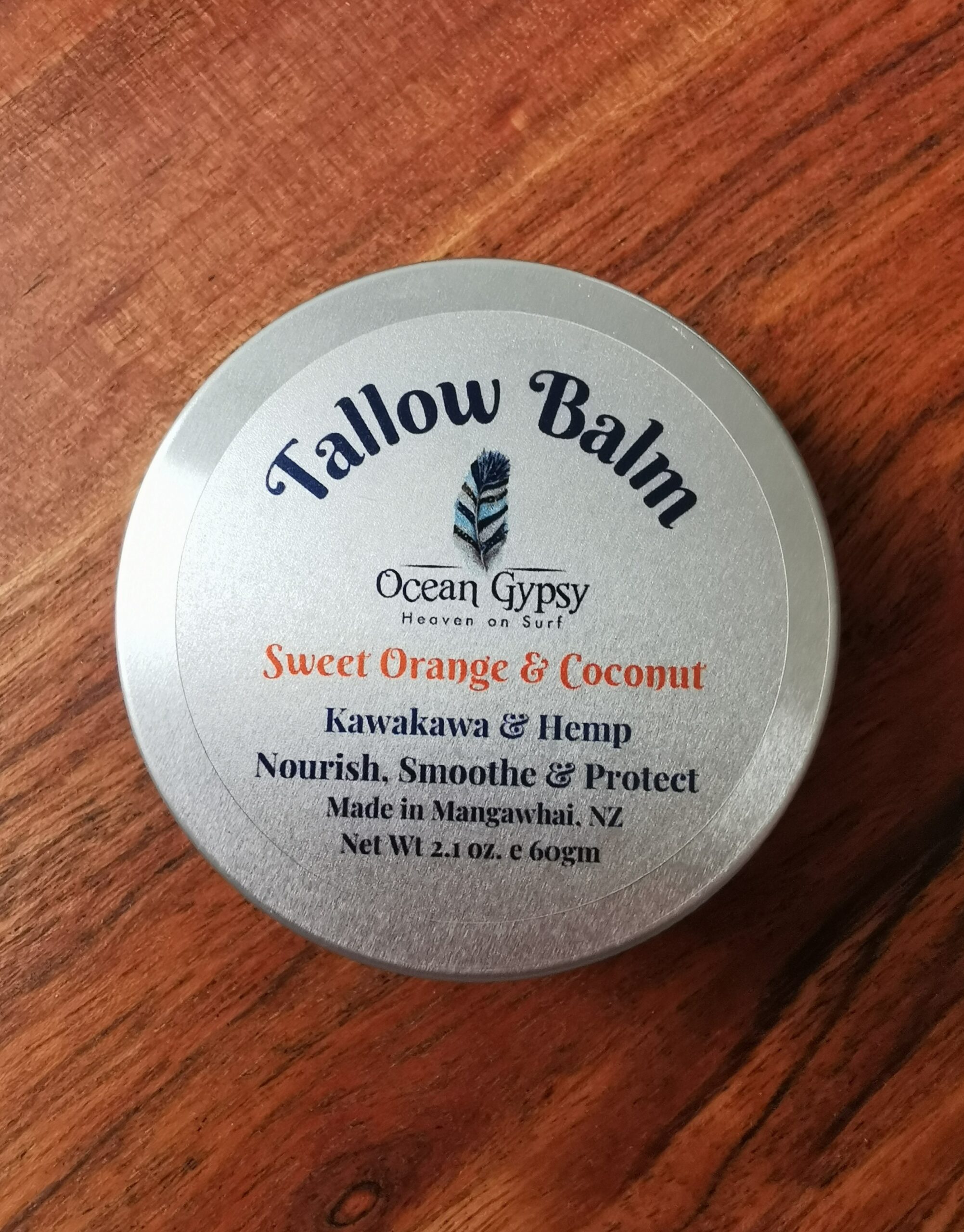Androgenic Alopecia, Hair Loss in Women During Hormone Changes.
Androgenic alopecia, commonly known as female pattern hair loss, is a distressing condition that affects women of various ages worldwide. Unlike men, who often exhibit a characteristic receding hairline and balding crown, women with androgenic alopecia typically experience diffuse thinning over the crown and frontal scalp regions. Women, though, can still find that the mid-part of the hair may become wider, and hair can recede and come thin on the crown region.
Androgenic alopecia is a multifactorial condition influenced by both genetic and hormonal factors. While genetics play a role in determining an individual’s susceptibility to hair loss, hormonal imbalances, particularly involving androgens, contribute significantly to its onset and progression in women.
Androgens, often referred to as male hormones, are present in both men and women, albeit in differing concentrations. The primary androgen involved in hair loss is dihydrotestosterone (DHT), a potent derivative of testosterone. In women with androgenic alopecia, an enzyme called 5-alpha reductase converts testosterone into DHT within the hair follicles.
DHT exerts its effects by binding to androgen receptors on hair follicles, leading to a gradual miniaturization of affected follicles. This process shortens the hair growth cycle, resulting in progressively thinner, weaker hairs that eventually cease to grow altogether. Additionally, DHT may also contribute to increased shedding of hair, further exacerbating the thinning process.
Several factors can contribute to the development of androgenic alopecia in women:
Genetics: Family history plays a role, with individuals inheriting genes that predispose them to hair loss from either or both parents. Genetics loads the gun but environment pulls the trigger.
Hormonal Imbalances: Fluctuations in hormone levels, such as those occurring during puberty, pregnancy, perimenopause and menopause, can trigger or exacerbate hair loss in susceptible individuals. Conditions like polycystic ovary syndrome (PCOS) can also lead to elevated androgen levels, contributing to hair thinning.
Age: As women age, hormonal changes occur, including a decrease in estrogen and progesterone levels and a relative increase in androgens, making them more susceptible to hair loss.
Stress: Chronic stress can disrupt hormone balance, potentially exacerbating hair loss. People can often loose hair after a traumatic event in their life.
Medical Conditions: Certain medical conditions, such as thyroid disorders and autoimmune diseases, can contribute to hair loss in women. So if experiencing hair loss it is important to get to the root cause of why this is occuring.
Natural Treatment Options:
Switch to a natural shampoo and conditioner that contains no Sulphates (SLS and SLES), parabens, Formaldehyde-releasing preservatives, Phthalates, Triclosan, Ethanolamines (DEA, TEA, MEA), or Artificial fragrances and colours. I use Doterra Shampoo and Conditioner. Doterra Shampoo contains aloe vera, Peppermint essential oil, and Jojoba Oil, all known to be excellent in supporting hair growth.
Use a hair oil to nourish the hair. I use Doterra Root to Tip. I find this excellent for smoothing out my hair and giving it extra nourishment. Doterra Root to Tip contains Peppermint, Lavender, and Rosemary Essential Oils. These oils stimulate hair growth by stimulating blood flow to the head, bringing in nutrients and removing toxins. Lavender calms the body, mind, and spirit.
Clary Calm Essential Oil Blend is a wonderful blend of essential oils, including clary sage, lavender, ylang-ylang, and chamomile, which are known to balance hormones and regulate the nervous system. I use this when I need calm; simply roll it onto the wrist, chest, neck, or belly. I carry this one in my handbag.
ADAPTIV Doterra Essential Oil Blend, this blend I diffuse 4 drops into my Doterra Essential Oil diffuser. ADAPTIV is a delightful balancing blend of Wild Orange, Lavender, Copaiba, Spearmint, Magnolia, Rosemary, Neroli and Sweetgum essential oils. Calming, grounding yet stimulating so perfect for the office, school or kitchen. This blend is perfect through perimenopause and menopause as the key through this phase of life is to support the nervous system and stress response.
Rosemary Essential Oil Spray, this is my own blend that I use on my hair every night to stimulate growth. I spray it onto the area’s that are thinning such as the crown, sides and centre part.
120 ml glass spray bottle
25 drops of rosemary essential oil
120ml distilled water
Place rosemary essential oil and distilled water into the glass bottle place the spray nozzle on and shake.
Shake each time you use it. Patch test before use and discontinue if you have a reaction.
Rosemary is traditionally known to stimulate blood flow to the area, therefore stimulating hair growth due to increased nutrients and discarding of toxins.
It is important to choose high quality essential oils, I choose Doterra Rosemary Essential Oil.
Wild Yam cream is a game-changer. For centuries, wild yam has been used to support women through perimenopause and menopause. Now known to mimic progesterone and, therefore, balance estrogen, this cream is excellent for hair growth, as a reduction in estrogen and progesterone can be the cause of hair loss in the first place. It is available on our online store here.
Supplements to support hair growth;
It is important to reduce and, if possible to remove high-sugar, highly processed and gluten foods from the diet during perimenopause and menopause. Also, getting off caffeine, caffeine increases cortisol levels, the stress response. These foods have a massive impact on cortisol levels and hormone regulation. Some key nutrients that I have been taking are below.
Zinc stimulates cells to multiply and grow, and it is an essential nutrient for producing and regulating sex hormones. In New Zealand, zinc is lacking in our soils, so it is essential to take a supplement. I like to take Zinc Melts from Good Health as they taste nice, and the type of zinc in them, Zinc Citrate, is less likely to cause digestive issues. Always take zinc with food. Purchase your zinc here.
Magnesium Spray: A relaxed body can heal. As we go through this transformation, the body is rewiring to a different way of being. Magnesium plays a big role in the nervous system, muscle relaxation, and a process called methylation, which is involved in the production and regulation of sex hormones.
In New Zealand, we lack magnesium in our soils, so therefore, our foods. Magnesium spray 3 to 4 times on the bottom of the feet before bed will increase magnesium levels in the body without disturbing the digestive system which can occur through magnesium supplements. You can also use this spray on sore, tight muscles or if experiencing menstrual cramps. It is normal to feel a prickly-like sensation on the skin. This means that you are lacking in magnesium, and this should go over time as your magnesium levels increase. Purchase your magnesium spray here.
Reducing cortisol stress levels is the key to perimenopause and menopause. It is well known that people who experience a traumatic event can lose their hair, and this transition of phase of menopause is stressful on the body, mind, and spirit. It is vital to look at your life and the stressors within it and then choose how to either move away from the stress or adapt to the stress. Join my newsletter on this website to receive a free app that contains three powerful hypno-meditation audios.
Cod Liver Oil, naturally contains omega 3, vitamin A and vitamin D. I use the solar range. These nutrients are vital for the nervous system, bone, eye and skin health.
Saw Palmetto Berries are traditionally used to regulate the hormones estrogen and testosterone during perimenopause and menopause. For Androgen Alopecia, Palmetto Berries helps support the regulation of DHT, a testosterone-derived hormone that can be one of the causes of this condition.
Vitamin D may stimulate the production of growth factors involved in hair follicle growth and regeneration. These growth factors play a crucial role in maintaining the health and vitality of hair follicles, promoting hair growth and thickness. I use Solgar vitamin D3 1000 IU.
The key is to get to the root cause of the issue: was it a trauma event, hormone imbalances, the shampoo being used, stress or something else causing the hair loss?
Modern Medicine Treatment Options;
Ask your health practice what modern medicine treatments may be right for you. I always suggest getting to the root cause of the issue.
Topical Minoxidil: The FDA-approved topical solution for hair loss, minoxidil, is available over-the-counter and can be applied directly to the scalp to stimulate hair growth.
Oral Medications: Finasteride, a medication that inhibits the conversion of testosterone to DHT, may be prescribed off-label for women with androgenic alopecia.
Hormone Therapy: Hormone replacement therapy (HRT) or anti-androgen medications may be recommended to regulate hormone levels and prevent further hair loss.
Platelet-Rich Plasma (PRP) Therapy: PRP involves injecting a concentrated solution of platelets derived from the patient’s blood into the scalp to stimulate hair growth.
Hair Transplantation: In cases of advanced hair loss, surgical hair restoration procedures, such as follicular unit transplantation (FUT) or follicular unit extraction (FUE), may be considered.
Join my YouTube Channel to learn more about how to navigate Perimenopause and Menpause.


